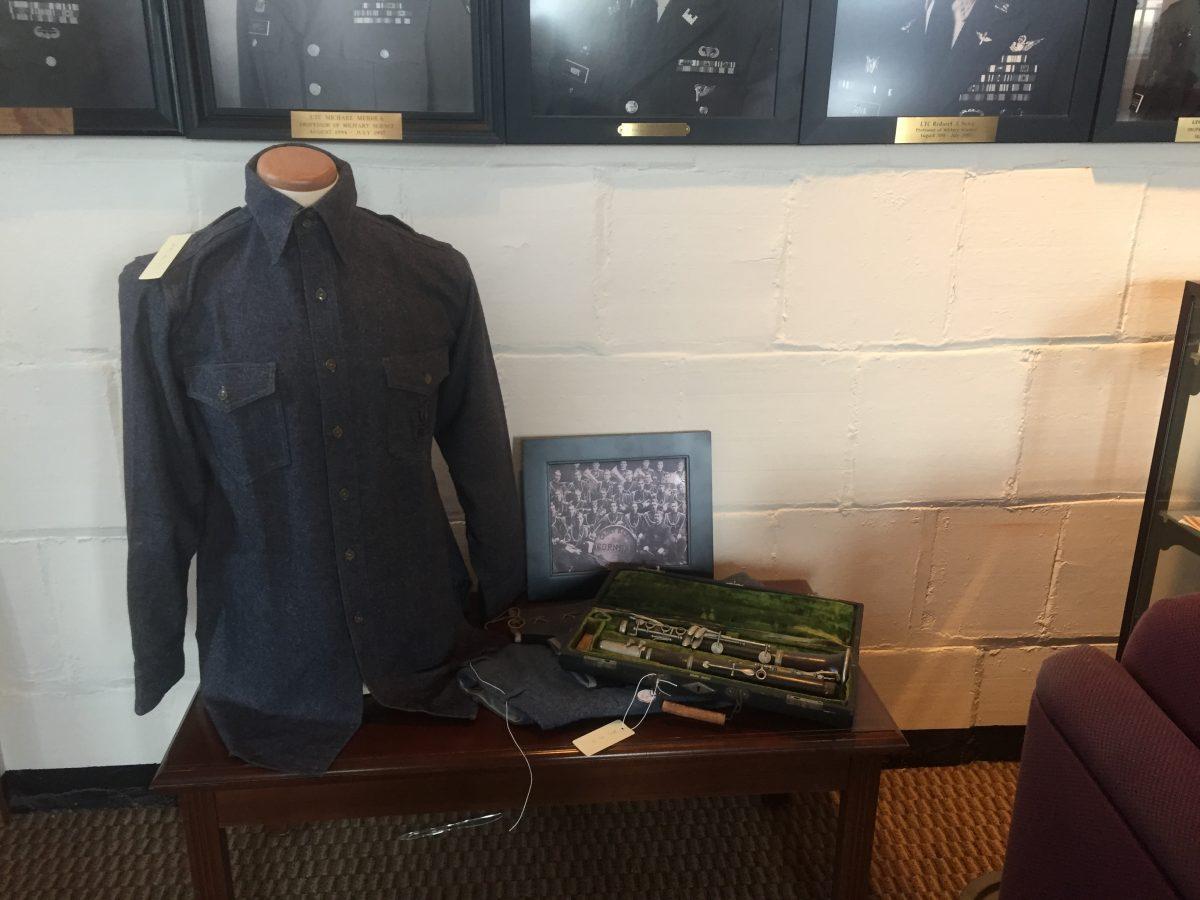When one thinks about Cornell University, “Ivy League” most likely comes to mind, or even their business program or hotel management program. For most, military school is not typically associated with Cornell despite the fact that the two have an extensive history.
Until the 1960s, Cornell University required every male student to participate in two years of military training. During World War I, Cornell commissioned more military officers than any other military school, including West Point. This is why when Major Trey Birdwell, Cornell’s Army ROTC executive officer, came across an array of military artifacts being stored improperly in the Wortham Military Museum, located on the fourth floor of Barton Hall at Cornell University, he had to do something about it.
“As I started looking around it just became obvious that there were, what I assumed could be much better ways to store the material that we had up in the museum. So I started exploring different avenues to get that material stored,” Birdwell said.
The poorly stored artifacts included items such as faded silver nitrate photos, journals and diaries with brittle pages.
Not knowing how to go about properly storing these materials, Birdwell reached out to colleagues at Cornell for help. In doing so, he got in touch with Elaine Angst who is the former university archivist.
“Elaine knew specialists in all the different areas, the material and photographs and paper,” Birdwell said. “She reached out to those individuals, brought them all to the museum to give me feedback on what they thought I should do to progress and which way I should take the conservation.”
Birdwell also got into contact with members from the fiber science and apparel design department, who also helped in restoring the artifacts in the museum. Denise Green, assistant professor in the College of Human Ecology’s Department of Fiber Science & Apparel Design (FSAD) and director of the Cornell Costume and Textile Collection, explained what needed to be done to artifacts like military uniforms to keep them properly preserved.
“So what we focus on is getting the garments out of the light, getting them into temperature controlled environments and then putting them into boxes that are acid free,” Green said. “Then separating each uniform by layer of acid free tissue and then making sure that when they’re in the boxes that they’re not folded very harshly,”
In addition to the help that Green offered, two students in that department, Jackie Fogarty ‘18 and graduate student Catherine Blumenkamp helped with the restoration and organization efforts as well.
“The Wortham Museum had an existing catalogue of around 20 of the 50 uniforms, so not even half the uniforms had records,” Fogarty said. “My entire project was creating a full set of records for the Wortham, so now they have a full set for their collection.”
Blumenkamp explained why collaborating with members of the ROTC program on this project was so enjoyable for her.
“From an archival perspective, you want to maintain you know some level of quality or care for the garments, even if they weren’t being actively worn,” Blumenkamp said. “So there was that shared appreciation for the material artifact.”
This collaboration allowed an outdated military museum to come to life again, through proper preservation and organization techniques. It has also given the public a chance to learn about Cornell’s military history in a way that they would never have been able to before.
“The renewal of this museum means that more people will hopefully come and see it, and be able to learn from the uniforms and from the other pieces that they have on display,” Green said.
Fogarty agrees with Green and brings a student perspective to what the museum means to the Cornell community.
“I think the museum will become a larger part of the Cornell experience because they’re doing a lot to make it accessible to the public.”













